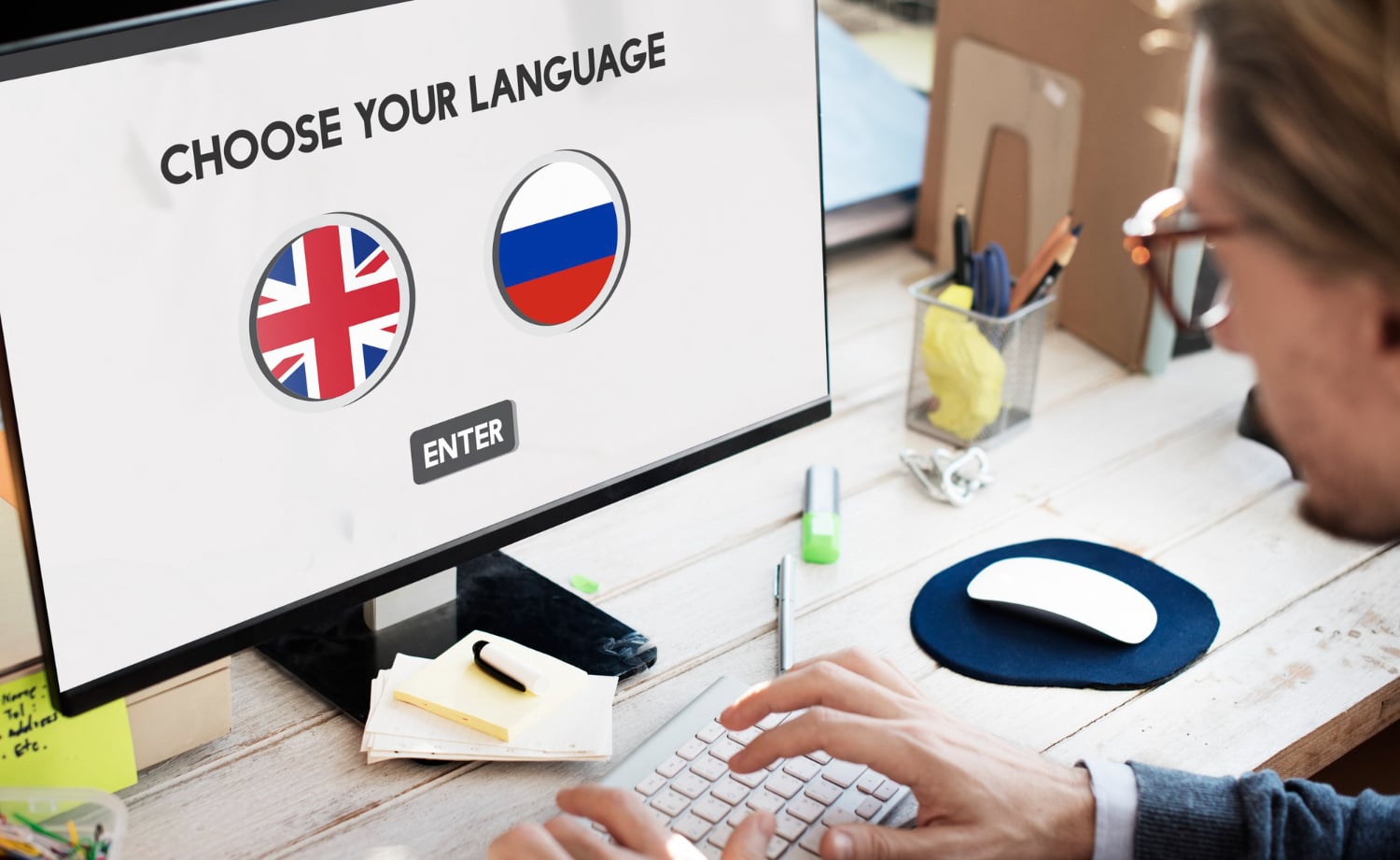
How the internationalisation of social media can boost your presence around the world
In today’s digital age, social media is an indispensable tool for the global expansion of brands. Its ability to instantly connect with audiences from different countries offers an unprecedented opportunity for companies to expand their international reach. This article explores the vital role that social media plays in brand internationalisation and how you can use these platforms to maximise your presence.
- Why is social media so important in the internationalisation of your brand?
- Practical strategies for managing social media for companies
- Success stories: Brands that have conquered us through social media
- Social media management tools & resources for companies
Why is social media so important in the internationalisation of your brand?
Social media eliminates geographical barriers and allows brands to be known in international markets with just a few clicks. Managing social media for companies on different platforms increases their visibility and facilitates direct interaction with potential customers worldwide. Companies can use social media to create a coherent brand image that is culturally adapted to diverse audiences, boosting their global positioning.
Among the advantages of the internationalisation of social media, we highlight the following:
- More impact is achieved in less time compared to other advertising strategies.
- Adapting the messages to each culture establishes an empathetic relationship with the public, positively influencing how they value the brand.
Practical strategies for managing social media for companies

For social media to fulfil their role as ambassadors of our brand in other markets, it is advisable to establish a solid strategy that allows us to transmit a consolidated image maintained over time. Social media requires additional planning effort in the short and long term. If we want our brand presence to spread to different markets, we must add some elements related to localisation to social media management.
When developing your social media internationalisation plan, don’t forget these points:
Research: To develop an effective plan, you must study each country’s consumption behaviours, know the most relevant dates, and what symbols and messages are typical of each culture to direct social media toward the target audience with the knowledge that can make a difference.
Cultural adaptation: Customise the content so that your texts resonate between groups of different cultures. It’s not just about changing the language: adapting communication styles, tone, and mood without losing sight of local preferences. Adapt to your audience so that your message has the impact you want it to have.
Active engagement: Interact regularly to build a loyal community. Use automation tools to maintain an active presence in different geographical areas. Be aware of time differences and the busiest periods in each country. Combine broader hashtags with ones that are relevant to each culture. Follow local trends.
Attractive visual content: Use images, videos, and graphics that capture attention globally. Visual content is most effective in overcoming language barriers and connecting emotionally with the audience. However, not all images are received the same way in each region. Do not forget that having the support of solid intercultural knowledge is essential to discern which images will work in each culture.
Targeted advertising campaigns: Use advertising on social media to reach specific segments of diverse geographical areas. In this way, you optimise resources and improve the effectiveness of your marketing efforts.
Success stories: Brands that have conquered markets through the internationalisation of social media
Today, physical borders are no longer an obstacle for brands to achieve recognition worldwide. Companies can leap internationalisation once they have made themselves known in other markets. As examples of practical use of social media to achieve rapid expansion, we would highlight Netflix and Airbnb.
The streaming content platform Netflix has used localised strategies and personalised content on social media to attract audiences in more than 190 countries. Their provocative campaigns have gone viral on social media, and through humour, nostalgia, or satire, they arouse emotions in their target audience, which translates into the best advertising of all: “word of mouth” on social media. However, these campaigns would not be as effective without the component of cultural adaptation that the company confers on all its posters and advertisements and that makes the recipient feel like a nearby product.
In the case of Airbnb, the social concept becomes more important since the business depends on its community of hosts and users distributed across multiple international markets. Part of their advertising strategy is based on maintaining the loyalty of that community and that it grows thanks to the communication of experiences. Social media such as Instagram or Pinterest allow the company to design campaigns based on unique local experiences and strengthen its brand in different countries.
These cases demonstrate how effective social media management can be in successful international expansion.

Social media management tools & resources for companies
Today, numerous tools can help you manage social media, such as Hootsuite, Buffer, and Sprout Social. These allow you to schedule posts, monitor interactions, analyse the performance of your content, organise communication between different team members and customers, and many other features that will elevate your social media to a new level.
On the other hand, if you prefer to analyse the impact of content over other metrics, the platforms themselves have tools that provide that information, such as Google Analytics, Instagram Insights, or Facebook Insights.
As we mentioned at the beginning of the article, it is essential to know the sector, trends, and what our competitors do before starting a campaign or planning a social media strategy. To this end, tools such as Google Trends, Hashtagify, or Keyhole will help you analyse the keywords and see the most relevant topics.
Social media is fundamental for the internationalisation of brands. Companies can significantly improve their global reach and interaction with international customers by implementing effective management strategies and leveraging the right resources. However, this planning must be backed by a deep knowledge of cultural differences to adapt the message to each audience and connect with each market. Therefore, it is essential to have companies like Nóvalo, with extensive experience in intercultural communication, whose team of experts can advise you and direct your social media to where you are most interested.







Sin respuestas a "How the internationalisation of social media can boost your presence around the world"